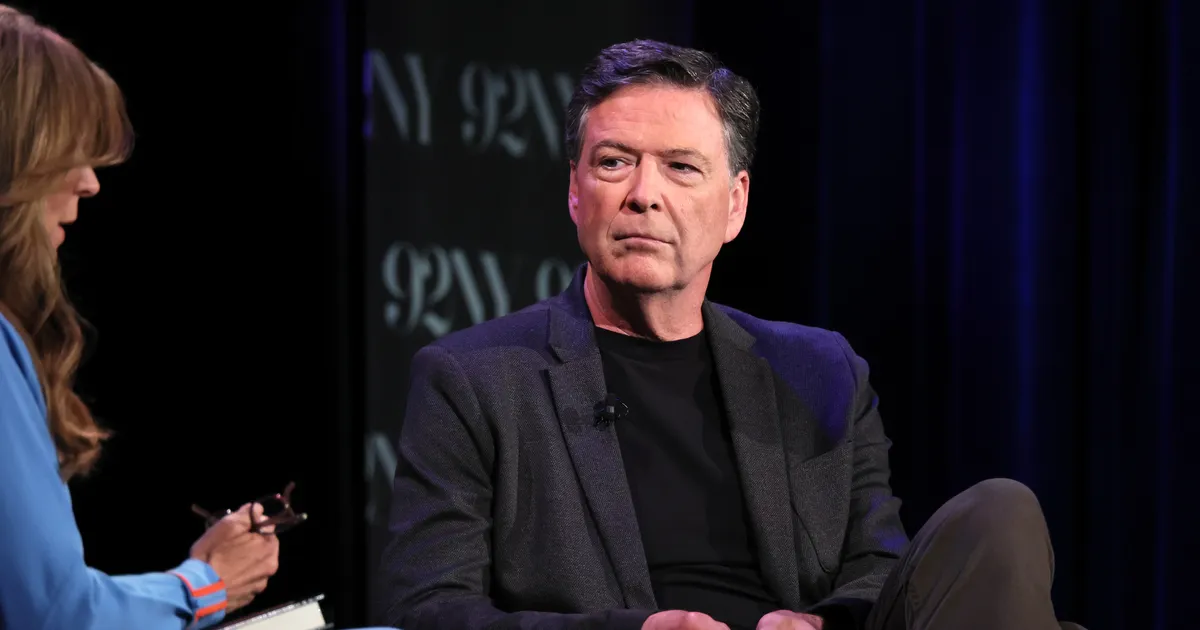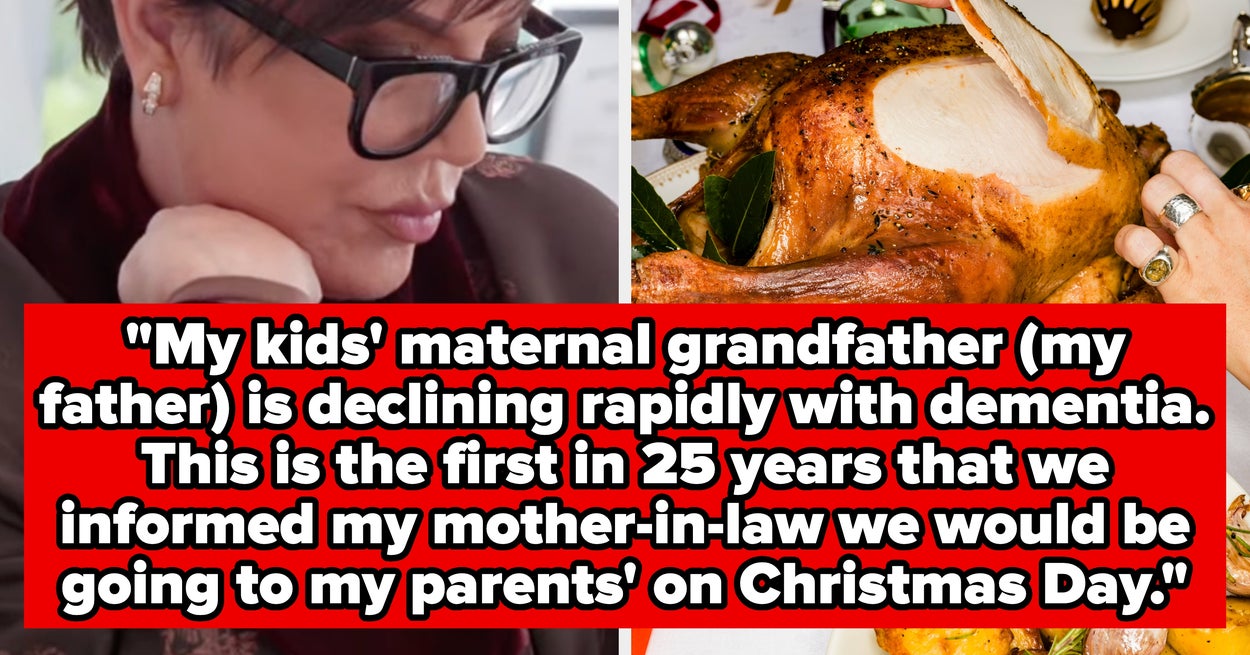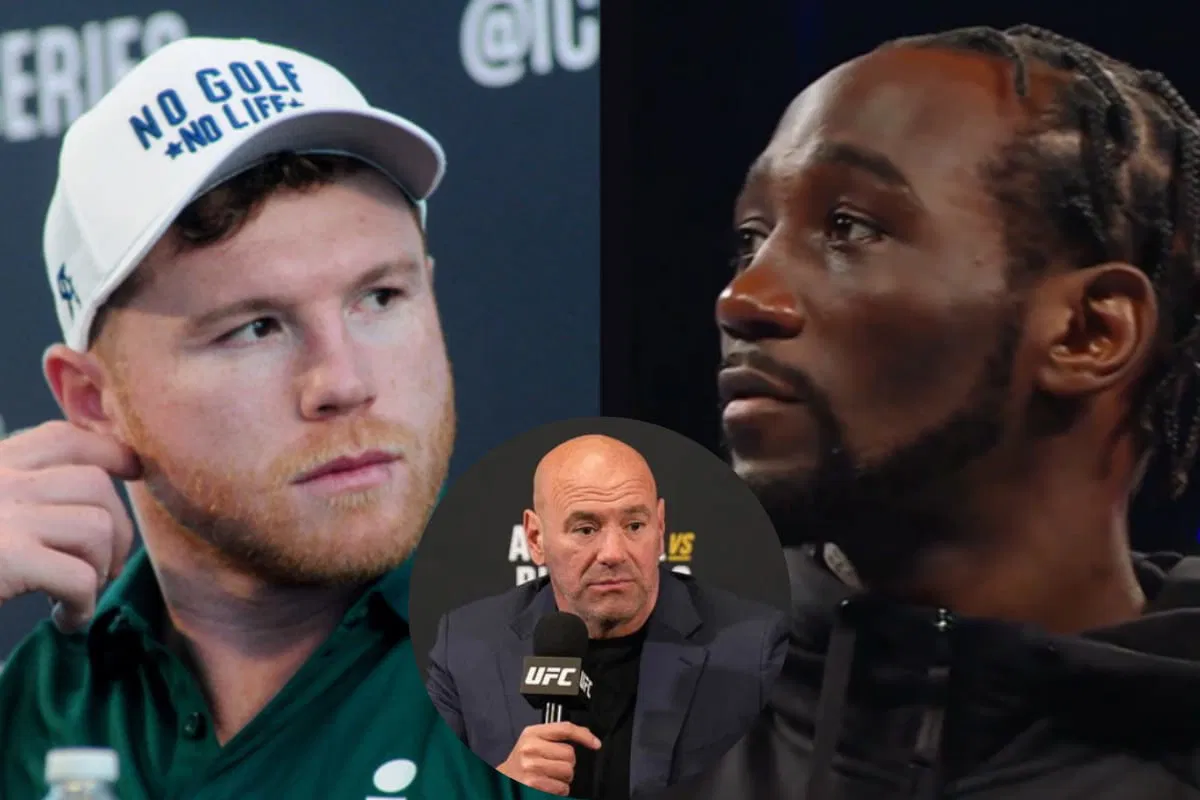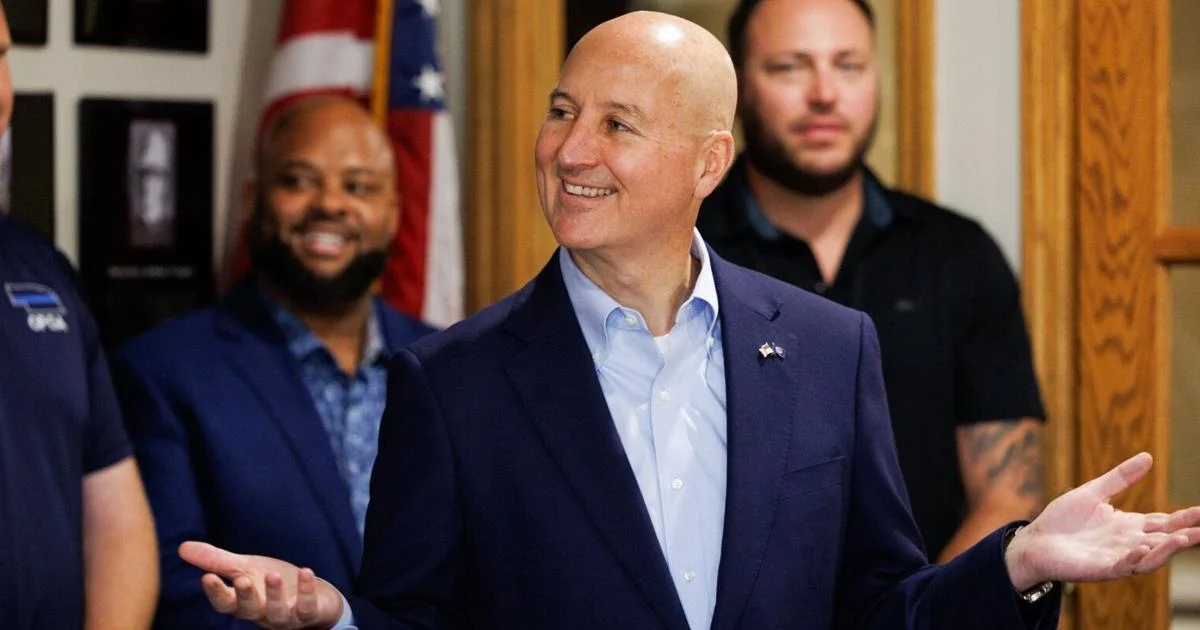
The Trump Administration has crossed a line. The wall of independence between the Justice Department and the White House, which has long stood to protect DOJ’s fearsome power to deprive individuals of their liberty, has been reduced to rubble. Politics have invaded and infected prosecution. And the resulting indictment is confounding, at best.
I’m no fan of James Comey. I’ve publicly criticized his habitual abuse of power and process, his relentless self-aggrandizement, and his breathtaking hubris. But he does not deserve this. Nobody does.
Let’s start with the indictment itself, and whatever little can be discerned from it. We’ve got two counts – the grand jury reportedly rejected a third – both based on Comey’s testimony to the Senate in September 2020. Count One alleges that Comey testified falsely and Count Two charges that, by giving that false testimony, he obstructed a Congressional proceeding. According to the indictment, Comey testified that he had not authorized anyone else at the FBI to leak information to the media, when in fact he had done so.
And that… is it. The whole charging document runs less than two full pages, and the core allegations take up just a couple dozen words. The very purpose of an indictment is to notify a defendant of the charges against him, with reasonable specificity. So much for that quaint notion.
While there’s much we still don’t know, the symptoms of this case’s infirmity have long been apparent. Prosecutors and investigators have long scrutinized Comey’s conduct around the 2016 election. The Justice Department’s nonpartisan Inspector General did an exhaustive report, the out-for-blood “investigate the investigators” Special Counsel John Durham wasted four years digging for dirt on Trump’s inquisitors. Yet nobody has sought to charge Comey until now, just days before expiration of the five-year statute of limitations. The DOJ Inspector General was remarkably thorough, and Durham – Trump’s ersatz, erstwhile tool of political vengeance – certainly didn’t lack motivation. Did they all miss it? Did something new emerge just now, at the very last moment before expiration of the statute of limitations, nearly a decade after the underlying events about which Comey testified?
It’s telling that various experienced, conservative, pro-Trump prosecutors reportedly expressed doubts about the case. A team of career prosecutors on the case reportedly wrote a memo concluding that charges were unwarranted. Trump’s own U.S. attorney nominee for the Eastern District of Virginia, the veteran federal prosecutor Erik Siebert, refused to charge and resigned under pressure from Trump. The President replaced him with Lindsay Halligan, an unqualified loyalist who has never previously worked as a prosecutor; she pulled the trigger on a precipitous indictment of Comey during her fourth day on the job. Even if she were politically neutral, Halligan would have nowhere near the prosecutorial expertise necessary to make a decision on what looks to be a fringy, complicated charge. That’s not a knock on Halligan’s ability or intellect — I’d have said the same of myself during my own first week on the job, many years ago.
Even Deputy Attorney General Todd Blanche reportedly voiced reservations about the case with the Justice Department. Blanche is a deeply experienced federal prosecutor who has now shown himself to be an aggressive pro-Trump partisan, beyond the point of embarrassment. He angrily proclaimed just last week that a group of women who heckled Trump at a seafood restaurant could and should be charged with federal racketeering crimes. (“Racketeering,” by the way, does not mean “making a racket while dining.”)
Watch for Comey’s team to move quickly to dismiss the indictment based on a claim of selective prosecution. They’ll argue, in essence, that he was singled out for prosecution for political or other improper purposes. Defendants often raise this claim, but rarely win. The problem is that it’s typically difficult or impossible to prove that the government had some impermissible motive; conversations about targeting tend to happen in hushed tones behind closed doors, if at all.
But that’s not how Donald Trump operates. For this President, everything is broadcast to the world, live and unfiltered, over social media. Accordingly, Trump already has given Comey Exhibit A in his forthcoming motion to dismiss: a September 20 Truth Social post in which the President openly exhorted his attorney general (“Pam;,” the missive opens) to indict Comey and other favorite targets for political retribution. “What about Comey, Adam ‘Shifty’ Schiff, Leticia???” the President wrote. “They’re all guilty as hell, but nothing is going to be done.” After some stream-of-consciousness rambling, Trump ended his diatribe with an instruction to his Justice Department: “JUSTICE MUST BE SERVED, NOW!!! President DJT.” It’s difficult to imagine a more straightforward case of selective prosecution. Don’t be surprised if a judge throws this mess out before it ever reaches a jury.
This prosecution marks a dark turn. During his first term, Trump was full of public bluster, openly pining for criminal prosecutions of Hillary Clinton, Barack Obama, Joe Biden, John Kerry, and, yes, Jim Comey. But it was all chatter, back then; DOJ and other leaders mostly ignored the President’s rants and waited for the tempest to pass.
But now the fanciful talk has become action, and Comey – once a revered federal prosecutor who took down international terrorists and New York gangsters – will find himself sitting at a defendant’s table and facing the prospect of his own imprisonment. Unlikely as it seems that Comey gets convicted and sentenced to prison, nobody can afford to be nonchalant about a federal indictment filed by prosecutors representing the United States of America.
It’s plain that this is just the start. Comey’s indictment bodes poorly for Letitia James, and potentially Senator Adam Schiff and Federal Reserve Governor Lisa Cook, and anyone else who might have crossed the President and incurred his wrath. If charged, they might all beat their cases eventually. But there’s little cost to Trump or his administration beyond mildly bruised egos, if that.



